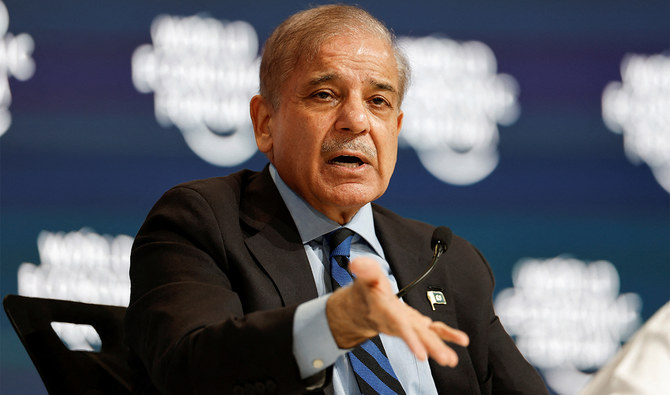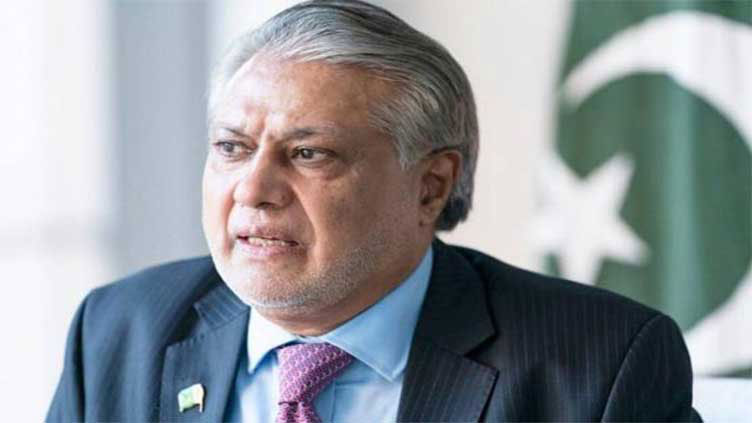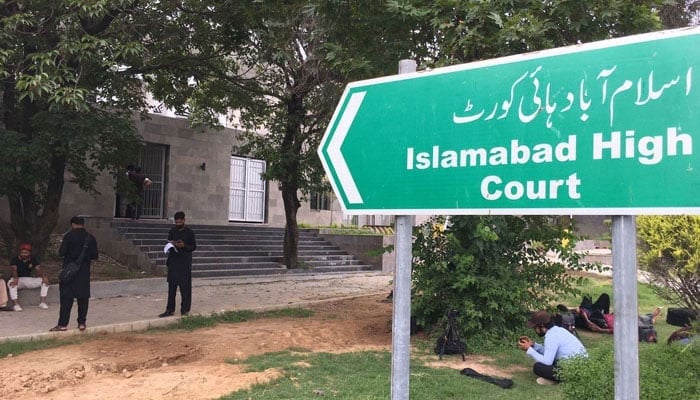Popular TV anchorperson and journalist Arshad Sharif, who was living in self-exile owing to threats to his life and a number of court cases registered against him in Pakistan — with one involving allegations of sedition — was killed in Nairobi, Kenya on Sunday night.
This is the only “fact” we all know other than the official version of Kenyan police that the slain journalist became the victim of “mistaken identity.” It is just the beginning of the investigation into the brutal murder of an investigative journalist in a country where journalism has never been easy, particularly for those who go into the depths of news stories, putting their lives at stake.
The government has now constituted a nine-member commission, comprising three senior officials each from the premier intelligence agencies, including the Inter-Services Intelligence (ISI), Intelligence Bureau (IB), and the Federal Investigation Agency (FIA), who will fly to Nairobi to interview the Kenyan police officers who have “regretfully” claimed to have killed Arshad Sharif in a “mistaken identity” shooting. Ascertaining whether what Kenyan cops are saying is based on facts or not is going to be a test for Pakistani investigators.
It may not be easy for our sleuths to unearth a possible coverup, especially under the alleged “notorious” reputation of the Kenyan police which, according to a source who had served in Nairobi, has recently been given the power of “extrajudicial killings” — something similar to power once given to Karachi police in 1995-96.
Now, whether it was a case of “mistaken or known identity” or it was it a “fake encounter” or a “targeted killing,” is the first thing the Pakistani investigators need to look into other than the case history of the late Arshad Sharif and why he left Pakistan and under what circumstances he chose Kenya as his final destination.
The official version of the Kenyan police that it was a case of “mistaken identity,” had already cast doubts as they keep interpreting their own position like in most of the cases of “fake encounters.” So, I wonder how much they would cooperate with the Pakistani “Joint Investigation Team,” (JIT) and what other limited sources would be available to them for counter-checking.
It is highly unlikely the crime scene is still cordoned off or sealed, given the Kenyan police’s reputation. Nobody knows if Kenyans have secured the murder weapon as well as the spent shell casings as evidence after the shooting.
The most important factor in this case that could set the tone of the investigation is the statement of the late Arshad Sharif’s cousin, who was not only among the two surviving members but could also narrate the eyewitness account.
However, he was the one whom Arshad is believed to have been in touch with and he also mentioned his name in the travelling documents and was likely staying with him. Thus, his statement would be quite revealing.
Secondly, he would also be facing serious security threats, particularly in a place like Nairobi, known for all kinds of infamous activities by drug smugglers as well underworld networks in alleged connivance with police and law enforcement agencies.
A former Pakistani diplomat, who served in Kenya for many years, disclosed to this scribe on the condition of anonymity that the place was known for all kinds of illegal and dangerous activities and wondered if Pakistani investigators would be able to get the real story out of the Kenyans. “I am not sure if they had even conducted the postmortem of the body or not. Recently they have upgraded their police and also given them new weapons. But, can’t say it’s a case of mistaken identity or premeditated,” the former high commissioner said.
With all kinds of speculative stories in the mainstream and social media in the era of the mad “race for ratings”, real questions are missing in regard to investigation and there is every chance of a “coverup,” as the Nairobi police have that kind of reputation.
One of the retired police officials, who had a personal experience of the Kenyan police’s questionable track record, doubted they would be of any help to the Pakistani investigation team. “I had a firsthand experience when I went there in regard to the murder of one of my relatives and got very little cooperation despite being their counterpart,” he said.
Nairobi was among the worst cities with high crime rates.
Other questions which immediately come to my mind in this case and need to be looked at are:
Q 1: Where are Arshad’s mobile phones as the data would be key to starting the investigation? Are they with the police or in his cousin’s custody? Besides, all his travelling documents and other records also need to be found.
Q 2: Are all those police officials, who allegedly killed Arshad Sharif, in the custody of Kenyan law enforcement agencies?
Q 3: Which Kenyan agency is investigating the case as the police, in this case, are already a party?
Q 4: Has the autopsy been conducted and if so, what are its findings?
Q 5: When did Arshad Sharif reach Nairobi and what was his plan? Was it just to visit a first cousin or friends or was he there to stay for long if not for good? The answer to this question could be found with the help of his cousin.
Q 6: Did he leave UAE voluntarily or was declared a persona non-grata at the request of Pakistani authorities?
Q 7: Who booked [and some other journalists critical of the present government] and filed cases against him including a sedition case leaving him with no other option but to leave the country?
Q 8: Why did the management of a private TV channel, for which Arshad had been anchoring a top-rated talk show for many years, ask him to leave?
Pakistan is among the three most dangerous countries in the world for journalists and investigative journalism in particular. You need to dig out stories of the wrongdoings of the rulers and other relevant players at great risk to life. In the past also, such investigative reporters came under attack, faced threats, disappeared, and at times killed.
Those who in the past were attacked for their work include Umer Cheema, Ahmad Noorani, the late Saleem Shahzad, Asad Toor, Matiullah Jan and even Kamran Khan. Journalists like Hamid Mir also come under attack for their work.
In the last few months Arshad Sharif, Sabir Shakir, and Arif Hameed Bhatti had also left the country. Bhatti later returned to Pakistan. Similarly, anchorperson Imran Riaz Khan also faced pressure and lost his job with different channels. He too has a huge following on his YouTube channel.
This is for the first time in Pakistan’s history that a journalist had been killed while in self-exile or living abroad due to a threat to his life. The other case is that of a Pakistani journalist settled in the US, Ms Nafisa Shah’s husband and a well-known writer and researcher Javed Bhutto. She has been fighting a lone legal battle against the suspected killer for the last two years.
Journalism is a profession based upon a commitment to principles of honesty, fairness, credibility, and respect for truth. Now, whether you are working for print, electronic, or digital media, every journalist needs to follow these essential principles.
With Arshad Sharif’s murder, the country has lost a bold, straightforward, and courageous journalist, who stood to his commitment and belief whether one agrees with his views or not. He investigated a number of stories which made headlines.
Will the story of an investigative journalist be investigated in a free and fair manner and the report made public? Wait and see.


 Latest News3 hours ago
Latest News3 hours ago
 Latest News3 hours ago
Latest News3 hours ago
 Latest News2 hours ago
Latest News2 hours ago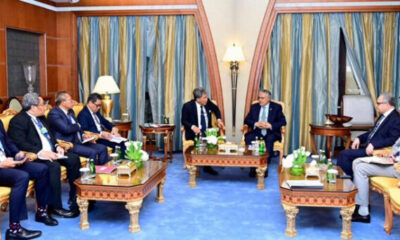
 Latest News3 hours ago
Latest News3 hours ago
 Latest News2 hours ago
Latest News2 hours ago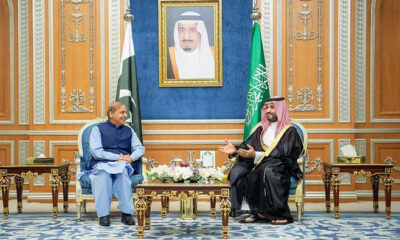
 Latest News2 hours ago
Latest News2 hours ago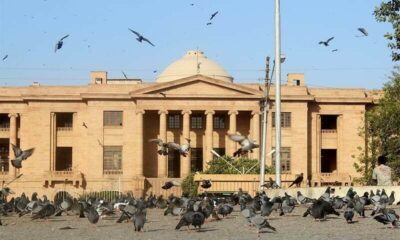
 Latest News3 hours ago
Latest News3 hours ago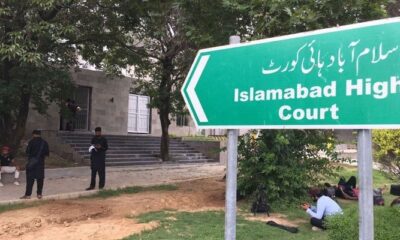
 Latest News2 hours ago
Latest News2 hours ago
